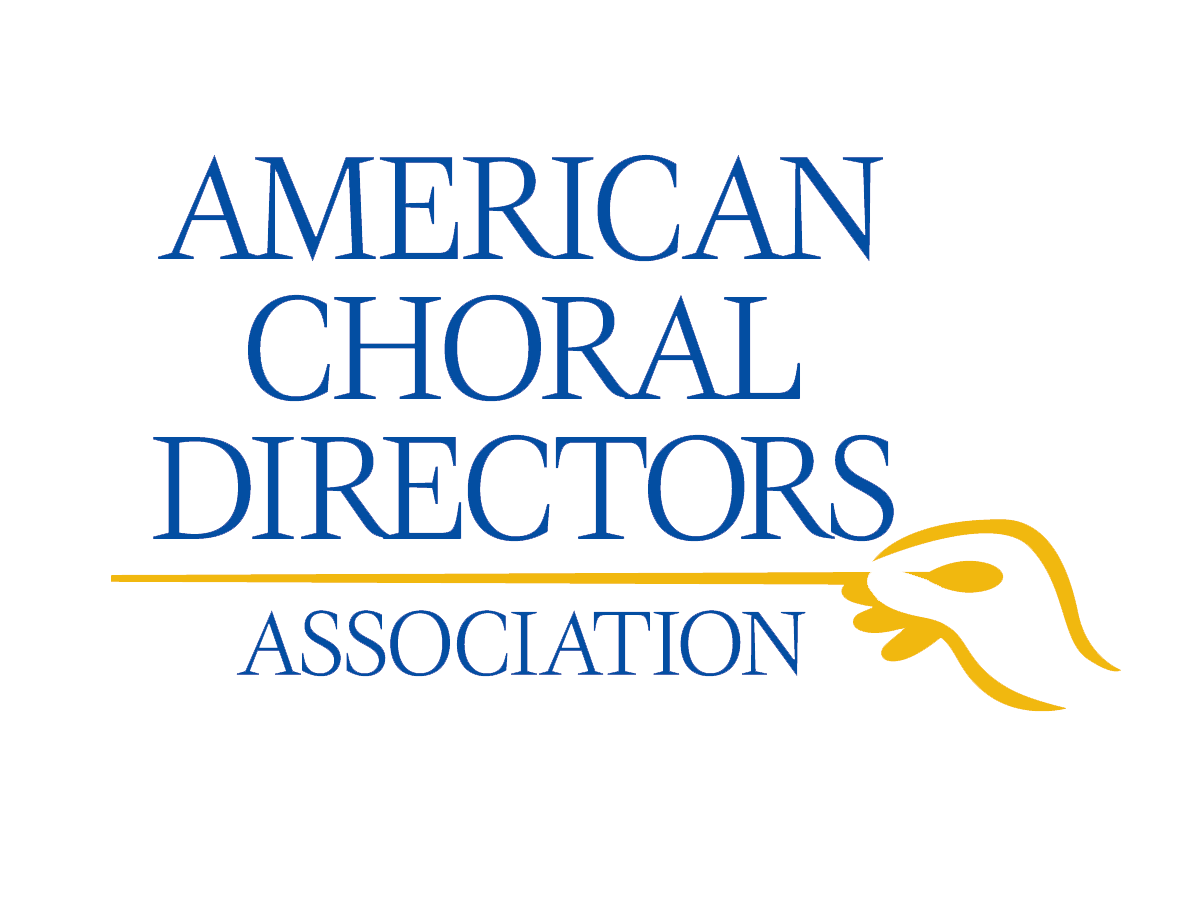This ethnography aimed to describe the culture and philosophy of the Northwestern Community Ensemble (NCE), a predominantly Black gospel choir at a predominantly White institution. Data collection comprised standard ethnographic procedures—31 hours of observation at rehearsals and concerts as a non-participant observer, 28 hours as a participant observer, and 15 semi-structured interviews with ensemble members and support people. Data consisted of interview transcripts, fieldnotes, and material culture, including concert programs, the ensemble’s website and social media pages, policy documents, and other documents from the Northwestern University Archives. Analysis involved a process of open and closed coding, with Randall Collins’ (2005) interaction ritual theory serving as the theoretical framework. This theory effectively described the interpersonal exchanges between ensemble members and the symbols mediating those processes. The findings suggest gospel music was the unifying force that connected all elements of participation in NCE—music experience, racial identity, religious identity—and helped foster group solidarity and spiritual growth. These findings highlight the importance of social identity-based music ensembles for marginalized racial and ethnic groups at predominantly White institutions.
You are here: Home / IJRCS / Gospel Choir as a Space for Racial and Religious Expression for Black Students at a Predominantly White Institution


